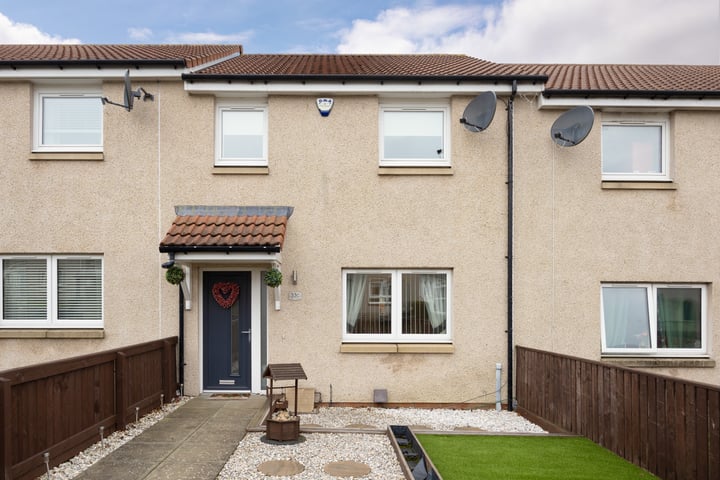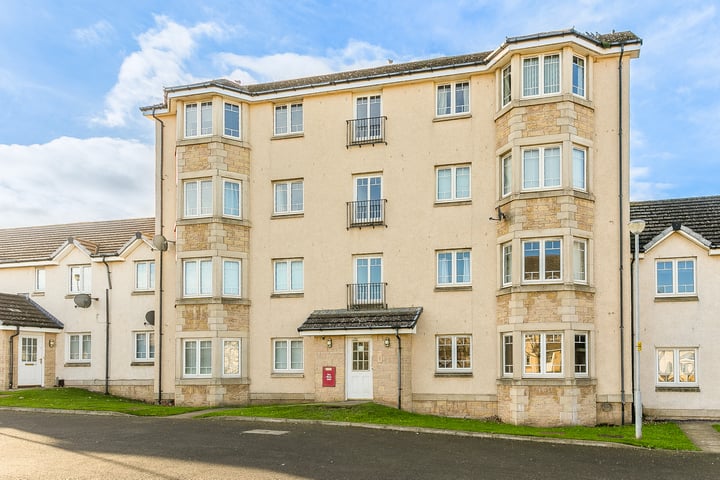As a report from the Halifax, the UK’s largest mortgage lender, this month showed, First Time Buyer activity is on the rise with 10% more property sales taking place in the first half of 2016, compared to the same period last year. Of course, saving for your first home can be a stressful and daunting prospect at times, but it doesn’t need to be. Take a look at our 7 top tips to help you to save for that deposit to help get your foot firmly on the property ladder.
1. Control Your Expenses
Have a closer look at your bank statement and work out exactly where your money is going every month. Consider what expenses you really need and what you don’t need to be spending money on every week. Items like a regular, weekend takeaway or some unnecessary items in your weekly shop can really add up. Identify regular expenses like coffees on the way to work, buy yourself a Thermos, and try to cut them out. Putting the money you save into a glass piggy bank can really help with motivation as you see the money quickly building-up.
2. Have a Target
Aim to save a certain percentage of your disposable income every month and stick to it. Saving a percentage of your income every month allows for any variations in income every month and ensures that the amount that you commit to putting away is proportional to the money you have coming in. Set a percentage that challenges you but is affordable.
3. Have a Contingency Plan
Unfortunately the future is never certain and we can’t know what is around the next corner. It is a good idea to put some money aside every month, separate from the savings for your deposit. At some point while you are saving for your deposit, you may need to access cash in an emergency. Having some capital built-up ensures that you don’t have to stop saving for your first home if you unexpectedly need access to cash.
4. Set up a Standing Order to Save
Setting up a monthly standing order to a savings account ensures you commit to getting that all important money put away to your property fund. If the standing order date is just after pay day, it forces you to spend wisely for the rest of the month and ensures that nothing gets in the way of your savings. It is a big commitment, but it will take you a step closer to owning your first home.
5. Consider Switching Your Providers
Comparison websites, such as http://www.moneysupermarket.com/ or https://www.comparethemarket.com/energy/ are a great tool to help you save money on a wide range of different services. You could save a significant amount of money every month if you move to a different broadband provider, phone company or energy provider. It’s certainly worth taking a look online to see if you can get those monthly costs down.
6. Start ASAP
This sounds obvious but, the sooner you begin to save, the more money you will have when it comes to putting down a deposit for your first purchase. Furthermore, the bigger your deposit, the wider and cheaper the range of mortgage options that you are likely to have will be.
7. Consider Where to Save
If it’s likely to be a couple of years until you can afford your purchase, you may want to consider longer-term savings accounts which pay a better rate of interest but at the cost of not being able to make regular withdrawals.
If you need more flexibility to withdraw cash and worry that you might need to be able to access your money as and when you need it, you might opt for an easy access account for your monthly savings. The drawback with this is that the rate of interest will be lower than accounts where your money is locked-away for a period of time.
Many current accounts offer very attractive rates of interest if you put money into them regularly. At the time of writing, Santander’s 123 Current Account pays up to 3% interest on balances up to £20,000, though there is a monthly fee of £5 for having the account. The disadvantage, psychologically, is that the money is there and available for spending on day-to-day items, so an element of self-control is required!
Another option is the Help to Buy ISA, available from a range of banks and building societies for first-time buyers. With these accounts, every £200 you save entitles you to a £50 bonus from the government. However, there are eligibility conditions with these accounts that you should be aware of, so remember to read all the terms and conditions. For example, however, you must have saved at least £1,600 before you are entitled to the minimum government bonus of £400. You should also note that the maximum government bonus that you can receive is £3,000 and that, to receive this, you must have saved £12,000. They are definitely worth a look, however, if you are a First Time Buyer and are weighing-up your savings options!







Leave a Reply